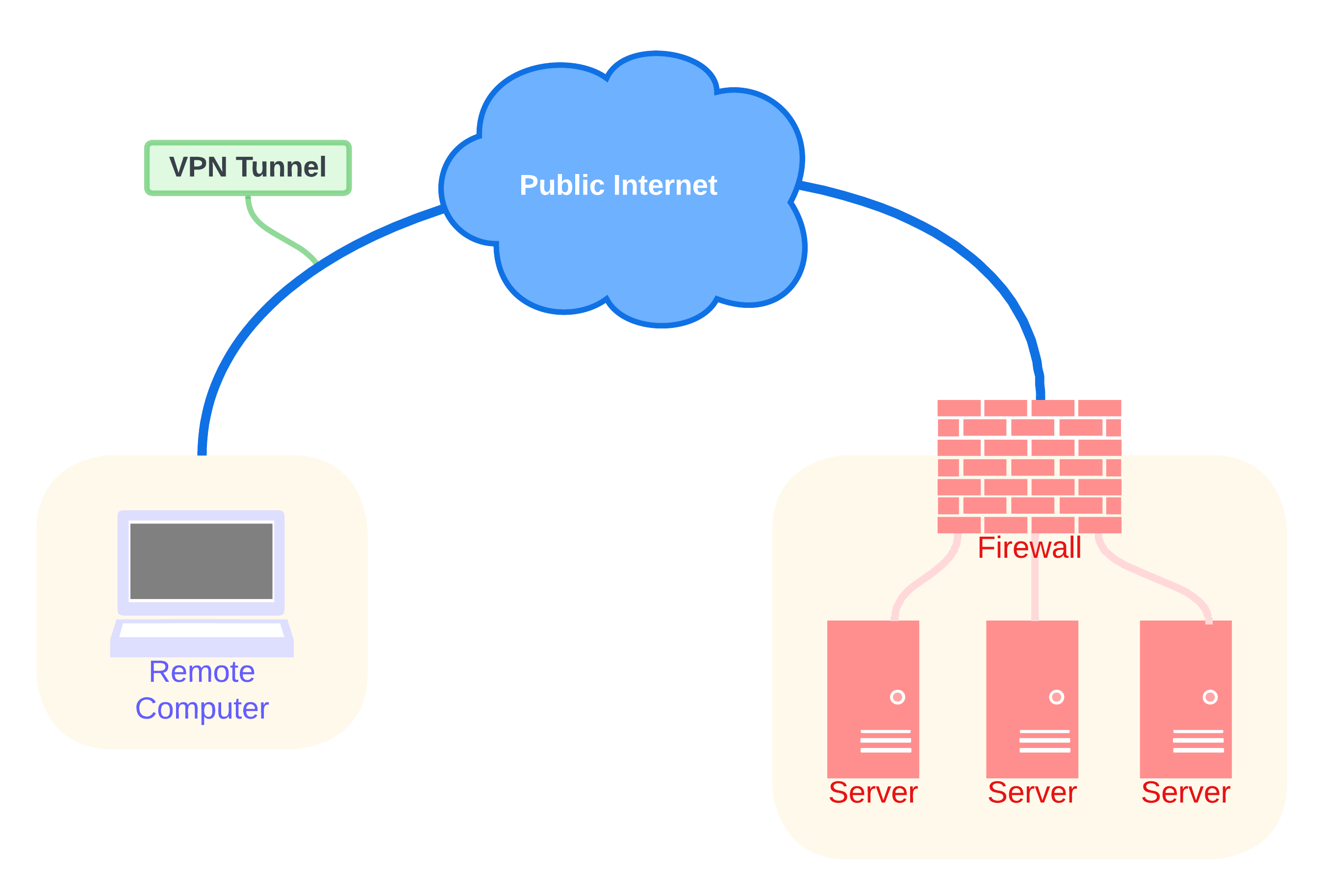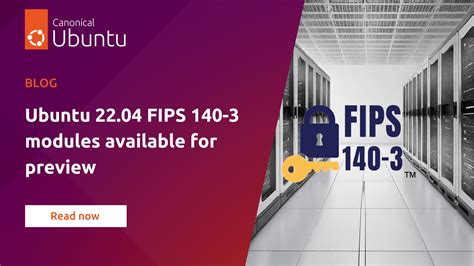5 Benefits Of VPN

In today’s digital age, where the internet has become an indispensable part of our daily lives, ensuring online security and privacy is more crucial than ever. One of the most effective tools for achieving this is a Virtual Private Network, or VPN. A VPN acts as a shield between your device and the internet, encrypting your data and protecting your identity from potential threats. Here, we’ll delve into five key benefits of using a VPN, exploring how it can enhance your online experience and safeguard your digital footprint.
1. Enhanced Security
One of the primary benefits of a VPN is the enhanced security it provides. When you connect to the internet through a VPN, your data is encrypted, making it virtually impossible for hackers to intercept and read your information. This is particularly important when using public Wi-Fi networks, which are often targeted by cybercriminals due to their open nature. With a VPN, whether you’re checking your emails, online banking, or simply browsing, you can have peace of mind knowing that your data is secure.
For instance, let’s consider a scenario where you’re traveling abroad and need to access sensitive information over a public Wi-Fi network. Without a VPN, your data could be compromised by malicious actors lurking on the network. However, with a VPN enabled, your connection becomes encrypted, protecting your data from prying eyes. This level of security is essential in today’s interconnected world, where data breaches can have severe consequences.
2. Privacy Protection
Beyond security, a VPN also offers significant privacy benefits. By masking your IP address, a VPN makes it difficult for websites, advertisers, and even your internet service provider (ISP) to track your online activities. This means you can browse the internet without being targeted by personalized ads or having your movements monitored. In an era where data collection and surveillance are on the rise, maintaining your privacy is more important than ever.
For example, some VPNs offer features like “no-logs” policies, which mean they don’t keep records of your online activities. This ensures that even if a VPN provider is requested to hand over user data, they won’t have anything to provide. Such policies are a testament to the commitment of some VPN services to user privacy and anonymity.
3. Access to Geo-Restricted Content
Another significant advantage of using a VPN is the ability to bypass geo-restrictions. Many streaming services, websites, and online content are restricted to specific geographical locations due to licensing agreements, censorship, or other regulatory reasons. By connecting to a VPN server located in a different country, you can mask your IP address to appear as if you’re accessing the content from an approved location. This feature is especially beneficial for travelers who want to access their favorite shows or for individuals living in countries with strict internet censorship.
Let’s take the example of someone living in a country where certain social media platforms are blocked. With a VPN, they can connect to a server in a country where these platforms are available, thereby gaining access to them. This not only enhances their online experience but also provides them with a tool to circumvent censorship and stay connected with the global community.
4. Protection from Data Throttling
Data throttling, or the intentional slowing down of internet speeds by ISPs, can be a significant problem for heavy internet users. This practice is often based on the type of content being accessed rather than the user’s data consumption. A VPN can help protect against data throttling by encrypting your internet traffic, making it difficult for your ISP to discern what you’re doing online. As a result, your ISP won’t be able to throttle your speeds based on the content you’re accessing.
For instance, if you’re a gamer or stream frequently, you might have experienced sudden drops in internet speed. This could be due to your ISP throttling your connection. By using a VPN, you can encrypt your gaming or streaming traffic, making it indistinguishable from other types of internet traffic and thus reducing the likelihood of throttling.
5. Public Wi-Fi Safety
Finally, VPNs play a critical role in ensuring your safety when using public Wi-Fi networks. These networks, found in coffee shops, airports, and hotels, are convenient but also highly vulnerable to cyber attacks. Without a VPN, any data you transmit over these networks can be intercepted. However, with a VPN, your data is encrypted, protecting you from man-in-the-middle attacks, data sniffing, and other forms of cyber threats.
Considering the risks associated with public Wi-Fi, using a VPN whenever you connect to such networks is a prudent practice. It ensures that even if you’re accessing sensitive information, like your bank account or personal emails, you’re doing so securely, without exposing your data to potential threats.
Conclusion
In conclusion, the benefits of using a VPN are multifaceted, ranging from enhanced security and privacy protection to access to geo-restricted content and protection from data throttling. Whether you’re a casual internet user or someone who relies heavily on online services for work or entertainment, a VPN can significantly improve your online experience. By encrypting your data, masking your IP address, and offering a secure pathway to the internet, VPNs are an indispensable tool in today’s digital landscape.
FAQ Section
How does a VPN protect my data?
+A VPN protects your data by encrypting it, making it unreadable to anyone who might intercept it. This encryption ensures that even if your data is captured, it cannot be deciphered without the decryption key.
Can a VPN make my internet slower?
+While encryption and rerouting your internet traffic through a VPN server can introduce some latency, many modern VPNs are designed to minimize speed impacts. The effect on speed can vary depending on the VPN service, the server you connect to, and your original internet speed.
Are all VPNs the same?
+No, not all VPNs are the same. They can vary significantly in terms of the level of encryption used, logging policies, server locations, speed, and overall security features. It’s essential to choose a VPN that aligns with your specific needs and ensures your online activities remain private and secure.


